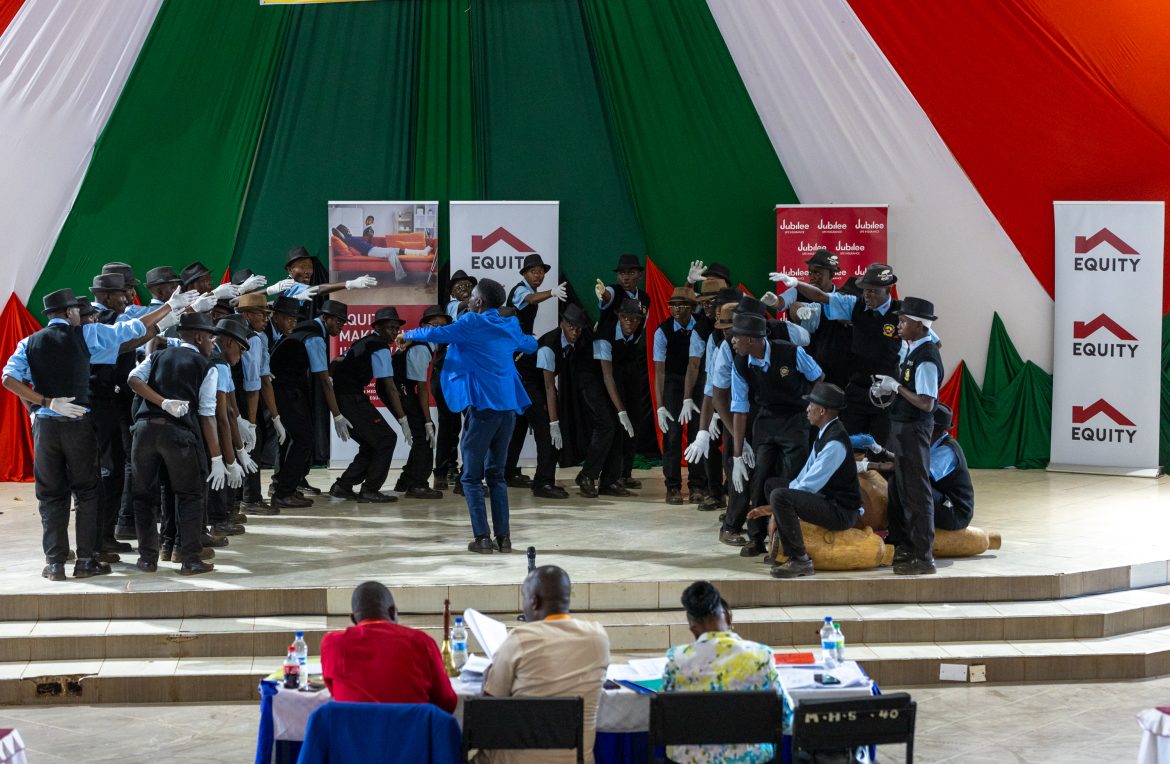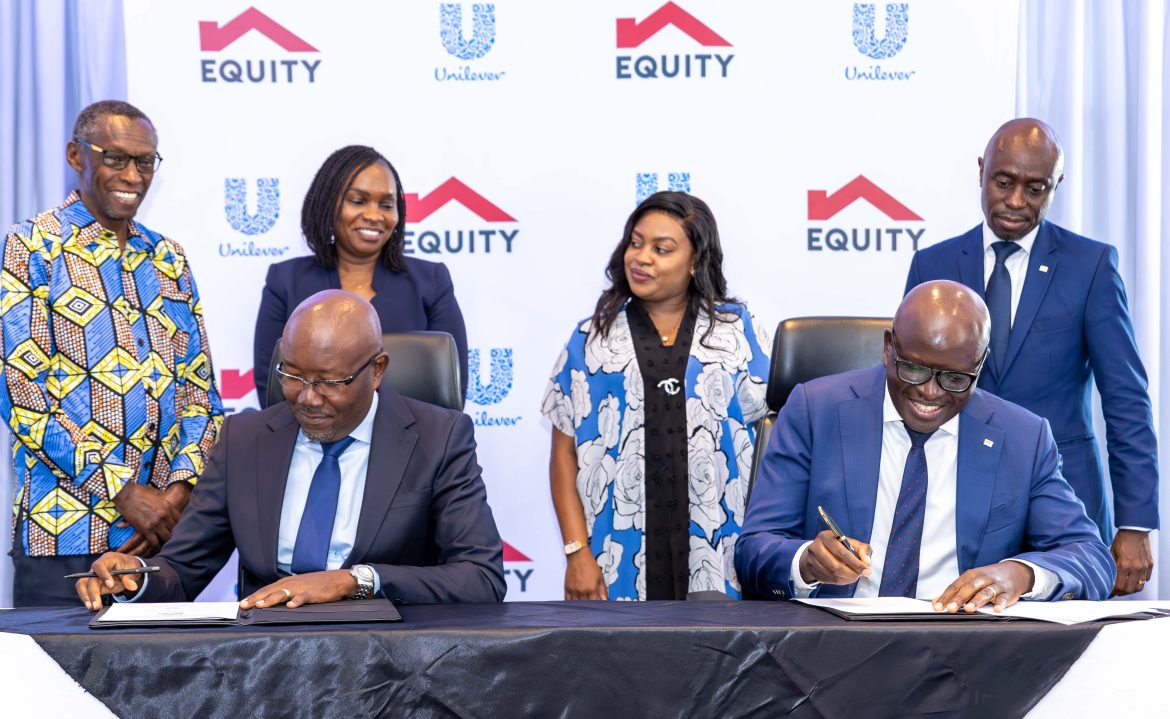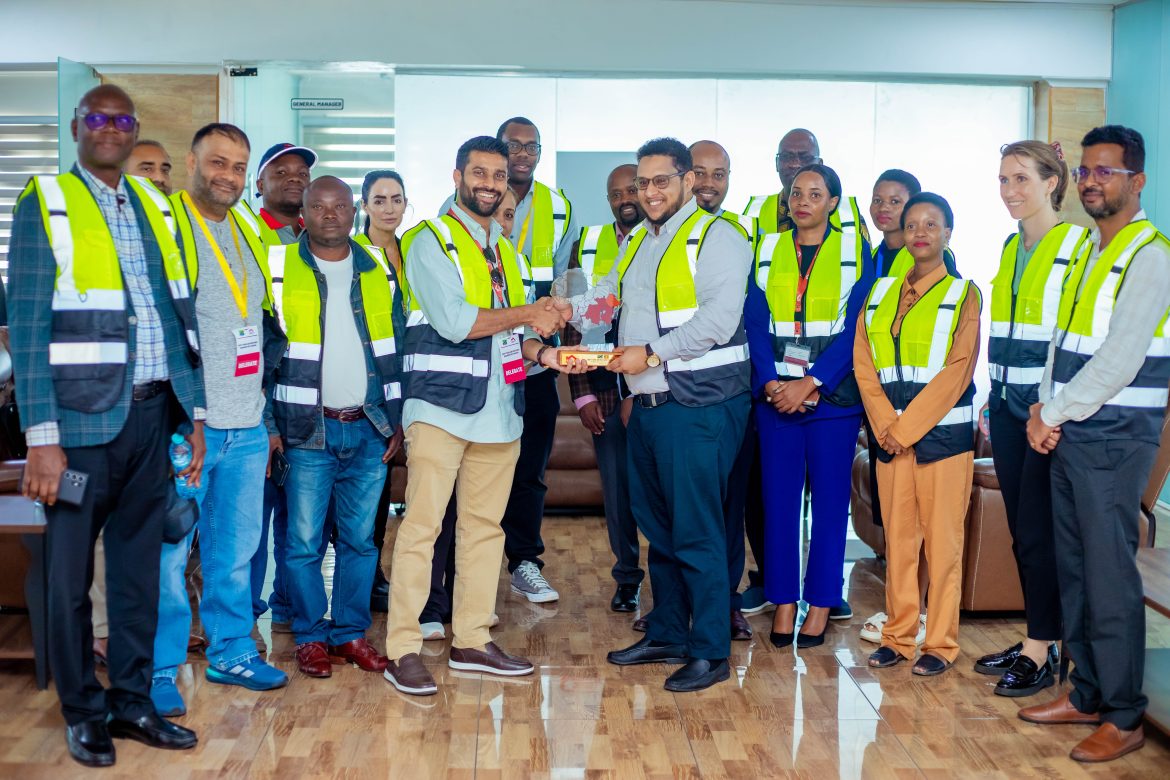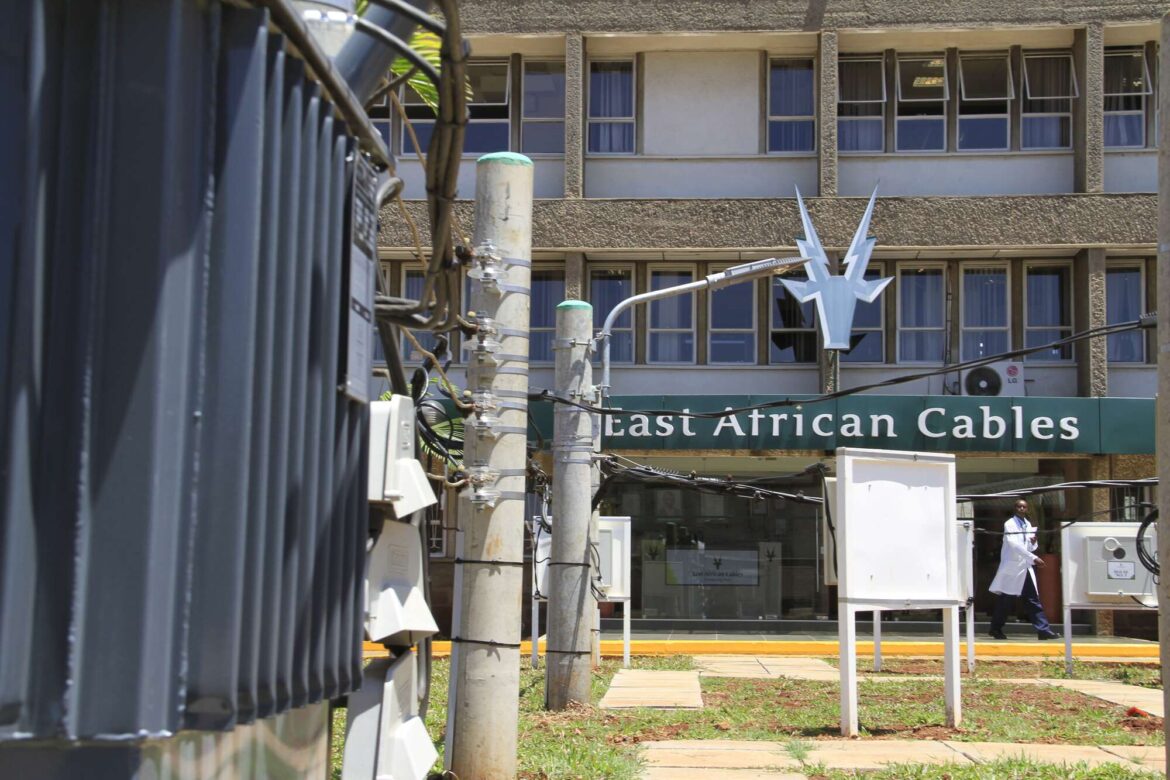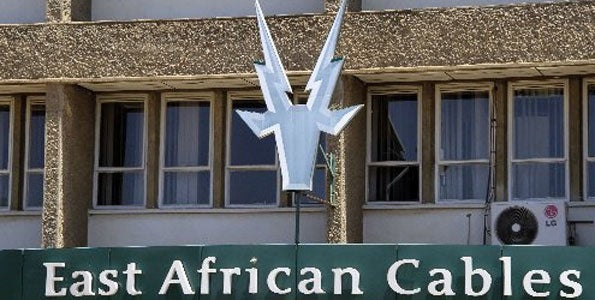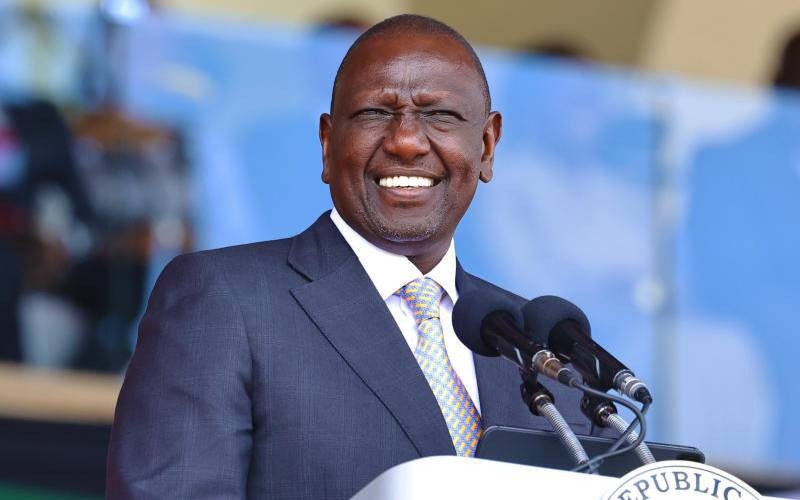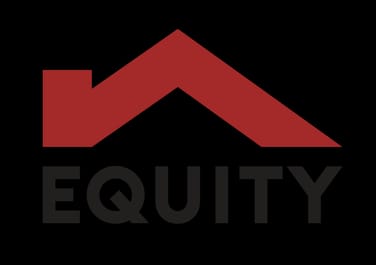Schools across the country bagged cash prizes of up to Ksh50,000 as the regional competitions of the Kenya Music Festival ended, with top honours awarded for creative performances that championed insurance adoption by rebranding it as a vital “vaccine” and a protective “ark” against life’s journey.
These messages align with this year’s KMF theme Enhancing the Creative Economy through Artistic Expression for Sustainable Development and reflect Equity Bank’s theme “Securing Lives Transformed and Wealth Created through Life, Health, and Wealth Insurance,” with the financial entity as the main sponsor of the festivals.
Educators at the festival championed the push for early financial literacy, arguing that these creative platforms are ideal for instilling crucial life skills. Abel Mariaka, a teacher and composer from CGHU Primary School, Starehe, stressed the necessity of starting early. “It’s important for them to save early because they need to prepare well for their future lives,” he said, adding that such planning is vital for covering future school fees amid inflation. As a composer, Mr. Mariaka also noted a significant shift in the festival’s creative themes, which now embrace topics like digital technology and finance. He sees this as a positive development, suggesting that even AI can be used as a tool to “encourage creativity and innovation among the students.”
John Njuguna, a trainer at Mirema School, echoed this sentiment, particularly on the subject of insurance. He stressed the practical importance of this education, arguing that it provides a foundation for future security. He noted that when today’s students face challenges like illness later in life, they can “rely on what you learned when you were young about the insurance.” Mr. Njuguna added that understanding that education has a cost and that insurance can help secure it is a vital lesson for learners.
Leading the charge at the regionals showcased across the country, Kyeni Girls High School, in a compelling narrative performed at the Chuka regionals, declared that “Insurance is your vaccine.” Their piece argued that just as a vaccine shield against illness, insurance provides a crucial defence against financial distress, covering everything from funeral expenses to ensuring “quality health without you.”
Echoing this sentiment of security, Mabe Twinkling Stars, a Primary School in Nairobi, showcased “The Ark” as their central metaphor for insurance. This ark, they explained, is a haven where individuals and their investments are protected from life’s storms. “Consider Insurance, for you never know when tragedy will attack,” they explained, highlighting the comprehensive nature of policies that cover everything from life and health to property and even work-related injuries. Their performance culminated in a powerful call to action: “Come on, come on. Let’s be assured we are insured.”
Meanwhile, Mtopanga Secondary from Mombasa championed insurance as a steadfast shield. Their recitations consistently reinforced the idea of protection and peace of mind. While preforming at Kenyatta High School Mwatate in Taita Taveta County, the high school students confidently declared, “We have removed worries. We are shielded with a shield.” This shield, they articulated, extends to various aspects of life, from ensuring financial stability in the face of illness – “It will treat cancer” – to covering funeral expenses and even providing for retirement and in times of crisis, will ensure families are not burdened.”
Mwenje Girls also detailed how insurance supports education, provides a comfortable retirement, ensures good health, and even offers support during times of disability.
With Ksh25 million sponsorship from Equity Group, the partnership has proven fruitful at the regional levels ending this July. The nationals, set to be held in Meru this August, will see top performers like Precious Blood Secondary School, Alliance Girls High School, Statehouse Girls, Meru School, St Martin Kaewa, compete for the final honors.

